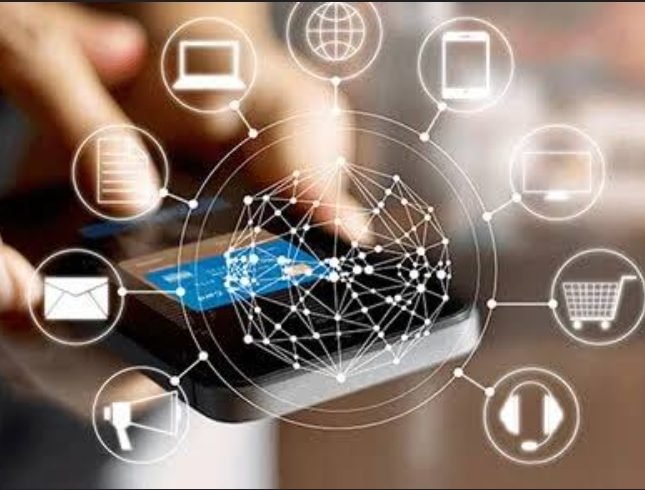Table of Contents
Having a reliable internet connection is crucial for both personal and professional activities. With the advancement of technology, there are now several types of internet connections available, each offering unique benefits. This article explores five types of internet connections that are worth trying in 2024. Whether you’re a casual internet user or rely heavily on the internet for work, there’s a connection type that suits your needs.

internet-connection
Fiber Internet
Fiber internet stands out as one of the swiftest and most dependable internet connections accessible in the present era. It uses fiber-optic cables to transmit data, allowing for lightning-fast speeds and minimal lag. This makes it ideal for activities such as online gaming, streaming 4K videos, and video conferencing. Fiber internet is particularly popular in urban areas like New York, where high-speed internet is essential for businesses and residents alike. For example, fiber internet in New York has revolutionized the way people work and play online, providing them with the speed and reliability they need. With fiber internet, users can enjoy symmetrical speeds, meaning that upload and download speeds are the same, making it ideal for uploading large files or streaming high-quality content. Additionally, fiber internet is more resistant to interference compared to traditional copper cable internet, providing a more stable connection.
Cable Internet
Cable internet is another popular choice for many users, offering high speeds and reliability. It uses the same coaxial cables that are used to deliver cable television, making it widely available in urban and suburban areas. Cable internet is recognized for its steady speeds, which experience minimal impact from the quantity of users linked to the network. This attribute renders it an excellent option for households with numerous users seeking fast and dependable internet connectivity. With cable internet, users can also benefit from bundling services such as television and phone, often at a discounted rate. Additionally, cable internet providers are constantly upgrading their networks to provide faster speeds and better service to their customers.
DSL Internet
DSL (digital subscriber line) internet uses existing telephone lines to deliver internet access. Although DSL speeds might not match the swiftness of fiber or cable internet, it remains a dependable choice for numerous users. DSL is extensively accessible in both urban and rural regions, ensuring accessibility for a diverse user base. Additionally, DSL internet providers often offer packages that include phone service, making it a convenient option for users who require both internet and phone service.
Satellite Internet
Satellite internet proves to be an excellent choice for individuals residing in rural or isolated regions where alternative internet connection options may be lacking. It uses satellites to transmit data, allowing users to access the internet from virtually anywhere. Although satellite internet may exhibit slower speeds compared to other types of internet connections, it remains a dependable choice for users needing internet access in remote areas. Satellite internet providers often offer packages with generous data allowances, making it a great choice for users who require a lot of data. Additionally, satellite internet is not affected by inclement weather, making it a more reliable option than other types of internet connections in areas prone to extreme weather conditions.
5G Internet
5G internet is the latest advancement in wireless technology, offering incredibly fast speeds and low latency. While 5G internet is still being rolled out in many areas, it has the potential to revolutionize the way people connect to the internet. Boasting speeds comparable to fiber internet, 5G internet proves ideal for various activities like online gaming, streaming, and video conferencing. Furthermore, 5G internet holds promise for facilitating innovations such as self-driving cars and remote surgery, owing to its low latency. Additionally, 5G internet is more energy-efficient than previous generations of wireless technology, making it a more sustainable choice for the future.

